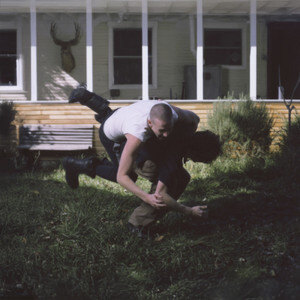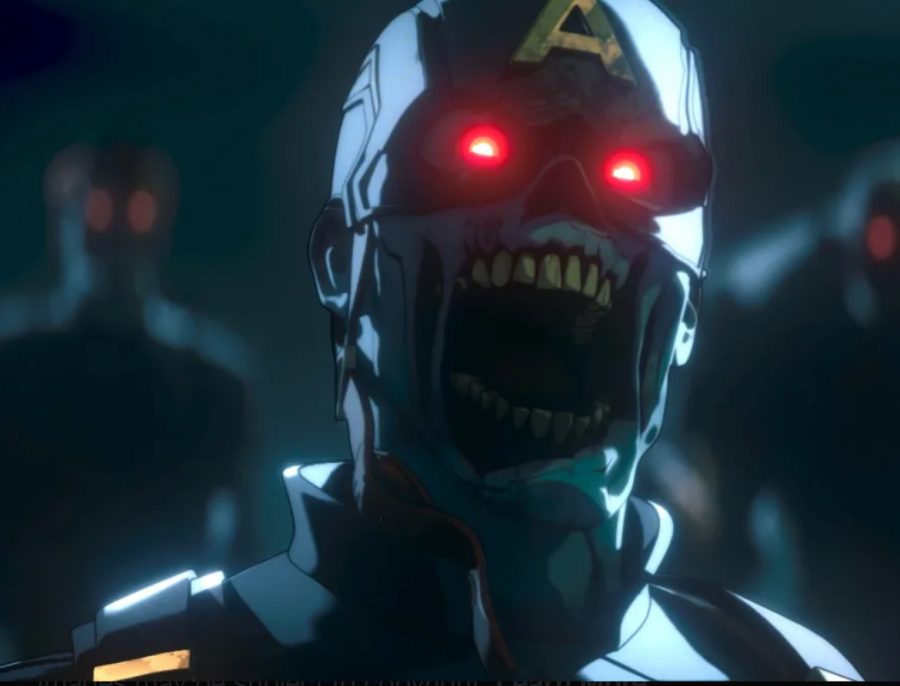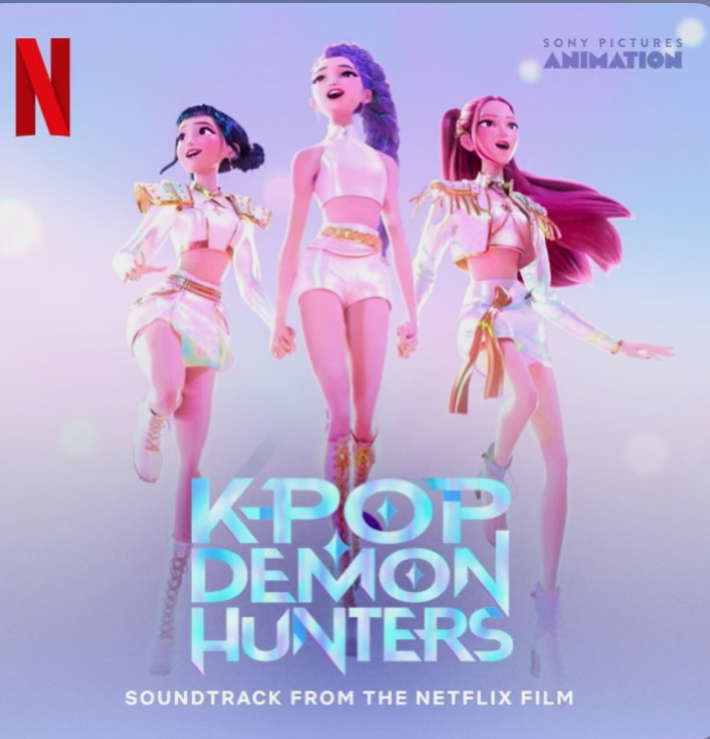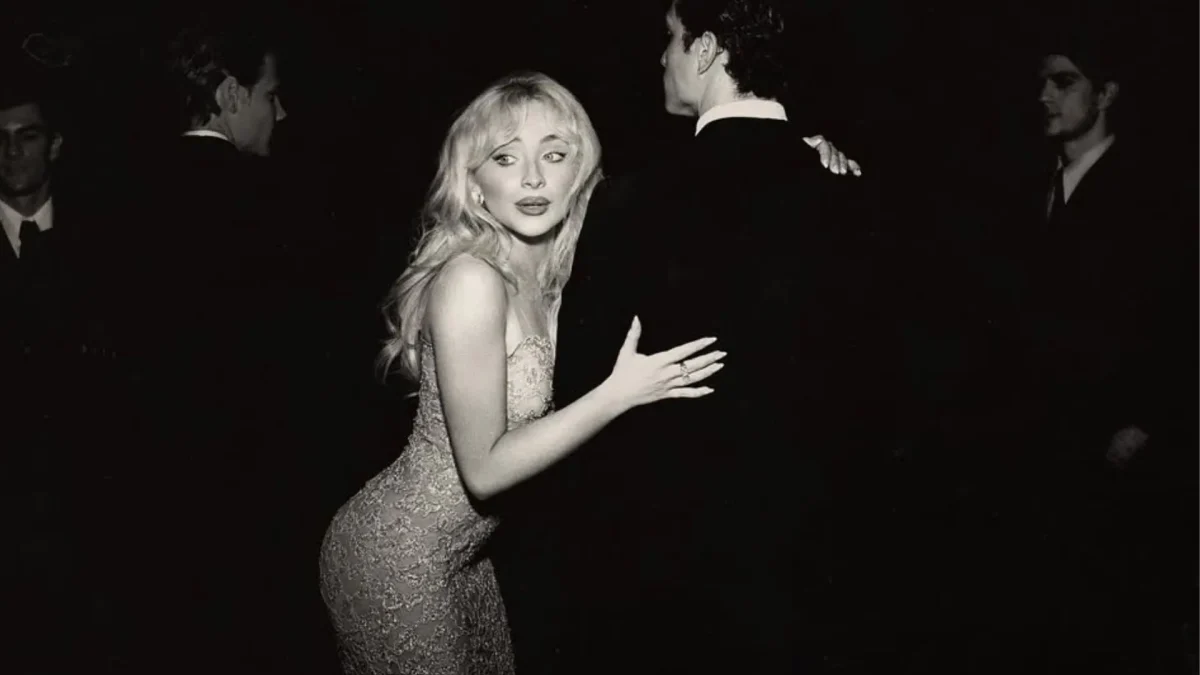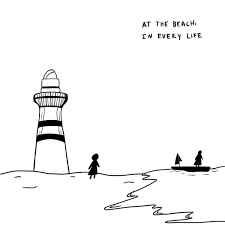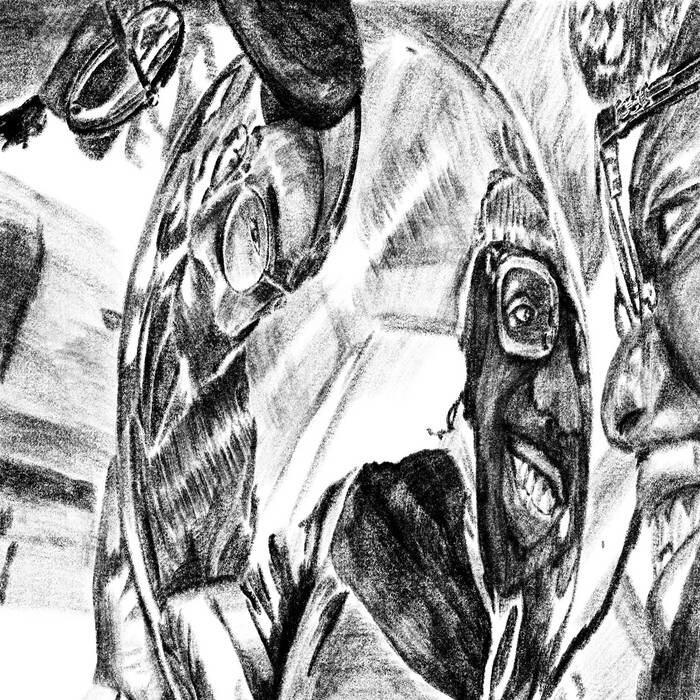Malcolm Todd’s self-titled album Malcolm Todd goes through a varying range of personal emotions and life experiences. We get many private insights into Malcolm’s life in many different perspectives. In “Harry Styles” we hear about his own struggles as an artist, as well as in “Who’s the Fool” and we also hear about his struggles in a long distance relationship in songs like “I’ll Come Back For You” and “Walk to Class.”
The album kicks off with “Harry Styles” which dives into his personal dilemmas about being an up and coming music artist and how he is handling it. Malcolm actually makes an allusion to the popular Australian artist Tones and I in the opening line where he says “Dance monkey, dance. You’re our favorite fool.” The line makes a reference to the popular song “Dance Monkey” which also talks about the struggles of being a music artist and how it feels as though artists only perform for viewers’ pleasure. Malcolm then goes on to sing, “My arms are getting tired from holding myself back, but if I’m not a Harry Styles, they’re gonna put me on the shelf.” Here he’s contradicting himself, explaining that he’s getting tired of releasing the music that he really wants to release, but he feels as though if he’s not conforming to popular standards then his career could potentially be shelved.
“Who’s the Fool,” is another song that grapples with the struggles of being an artist where he talks about what it was like to choose the music path and how that impacted him and the people around him. “Christopher had a choice, he learned the guitar through all the noise. He couldn’t stay awake in school, now who’s the fool?” The song is sung from a third person narrative perspective, but is about Malcolm’s life. Here he describes how he struggled through school, not being as academically gifted as other students, but he learned the guitar through all of it. He asks “Who’s the fool?” as a rhetorical question, the one who dropped everything to pursue their music career, the one who stayed in school, the ones who mocked and judged him, or the narrator for caring so much.
The next song on the album, “Chest Pain (I Love),” is where Malcolm struggles through a breakup and grapples with the desire for a connection, but struggles with the pain that comes along. The song suggests a relationship where the end was a long time coming, leaving Malcolm feeling lonely even before it ended. “Tell me why, why can’t you live at home tonight and stay with me inside? … I wanna see what we would be if you were by my side,” these lines infer that the singer’s lover was distant before the relationship ended and leaves Malcolm yearning for some piece of connection from them. He wonders what it could have been if they had even tried, leaving the listener to wonder if this was ever really a true thing or if it was always distant.
“Bleed,” featuring Omar Apollo, is another song that deals with the struggles of a distant relationship. The singer’s partner has put up a metaphorical wall between the two of them, leaving him to plead with them to just let him in. “Got a mask glued to your face, take it off, take it off,” Malcolm wants to be able to actually connect with his partner and urges them to open up and take off the mask that hides the real version of themselves. Malcolm wants to reassure them that this vulnerability wouldn’t be one sided, saying, “I swear you can take control, control of how my heart bleeds.” The connection needs to be coming from both sides if the relationship is to really work out.
Now the album starts to dive into the complexities of handling a long distance relationship in “Walk to Class”. The song describes the uncertainty he feels wondering how his partner is living their life even when he’s not there and if they’re going to stay with him despite the physical gap. Long distance relationships come with a lot of struggles and uncertainties when there is such a large gap between the two people. “Tell me where you’re gonna be when I’m gone. You’ve got more of my own heart than I got. Will you walk to class alone on Tuesday?” Malcolm goes through his thoughts on how this person lives their life without him there and describes how this person holds his heart in the palm of their hand. On top of this, Malcolm also mentions how his anxiety from a past relationship is bleeding into this one, “I’ve been so afraid, since I lost my last girlfriend, but my crush on you, runs a lot more true.”
“Concrete” follows a toxic, back and forth relationship where neither parties can decide what they want or what’s the best thing to do in this situation. Malcolm says, “You miss the way I make you cry ’til you run dry, and now you say you miss the problem that was me,” admitting that he was not completely faultless in this relationship, but despite the problems, this person still misses the relationship and him. We get more of this back and forth dialogue with, “I kinda wanna sleep with you alone, I kinda wanna break up on the phone, I never wanna hear you say goodbye, I don’t wanna hate you but I’ll try.” This shows the conflicting feelings he’s feeling towards this person and on what he wants to do in this situation. He doesn’t know if he wants to stay with them or move on, but he isn’t sure he can fully hate them either way.
With “Cheer Me On,” the album’s narrative goes back to talking about the effects it has on a person being a performing artist. It’s a song about being an artist and having the eyes of your fans being the main thing you strive for, the main goal of one’s career. Malcolm describes this by saying, “You need to know my name, you need to like my face. I’m living for your eyes, I’m not doing this for me.” He’s saying that he needs his fans to like him, to know him and support him because he isn’t doing this just for himself, he’s doing this for them and for their support in his craft. “I faded away, when they pay me to play for you,” he feels as though his personal, heartfelt songs have become faded when he’s being paid for playing and making them and he’s conflicted as to why he’s even doing this anymore.
“I’ll Come Back For You,” is a quieter sound than the rest of the album, a heartfelt ending for the emotional rollercoaster of an album. The narrative brings us back to the long distance relationship he’s been struggling through. With being a musician comes touring and being in many different places all the time. Malcolm describes his struggles with this and being away from his partner. “Do you have to be awake while I’m asleep? I can’t tell you what to do,” the fact that they are in different time zones gives Malcolm anxiety about the stability and future of their relationship, but in the end he’s always repeating, “I’ll come back for you.”



